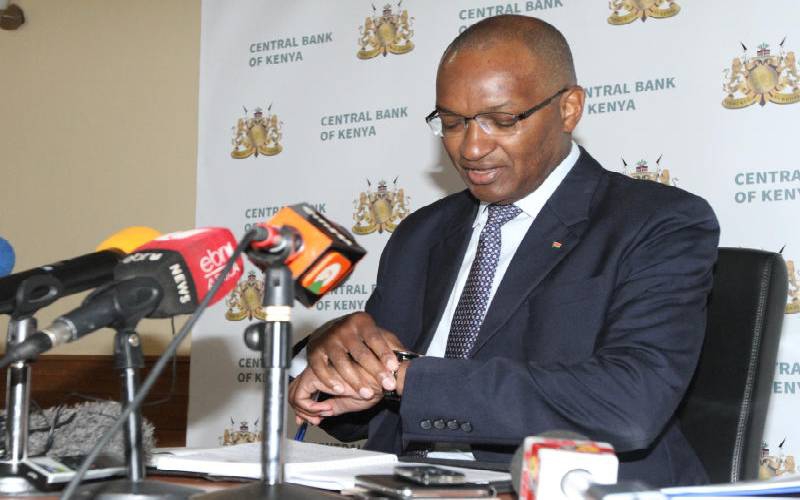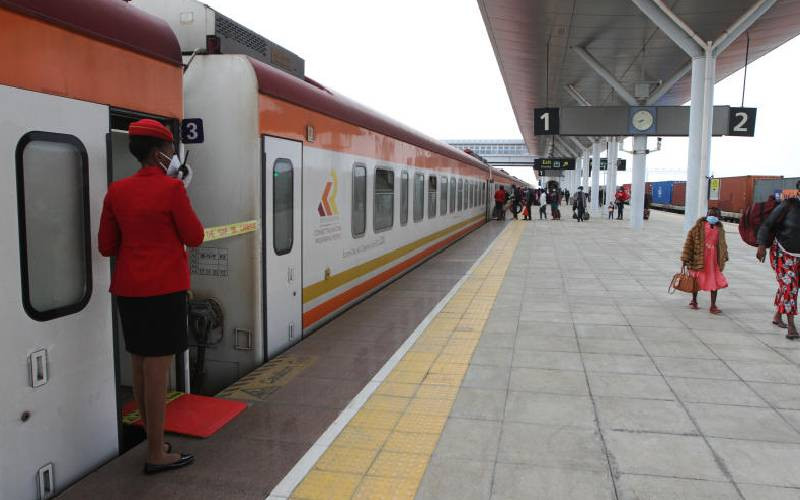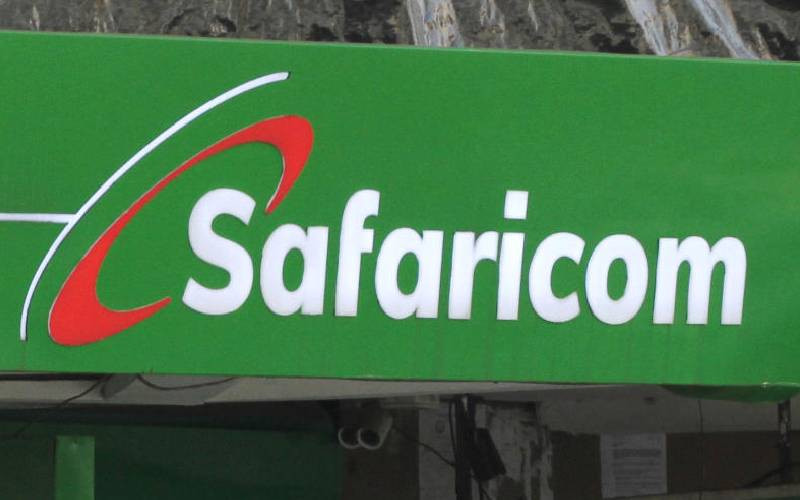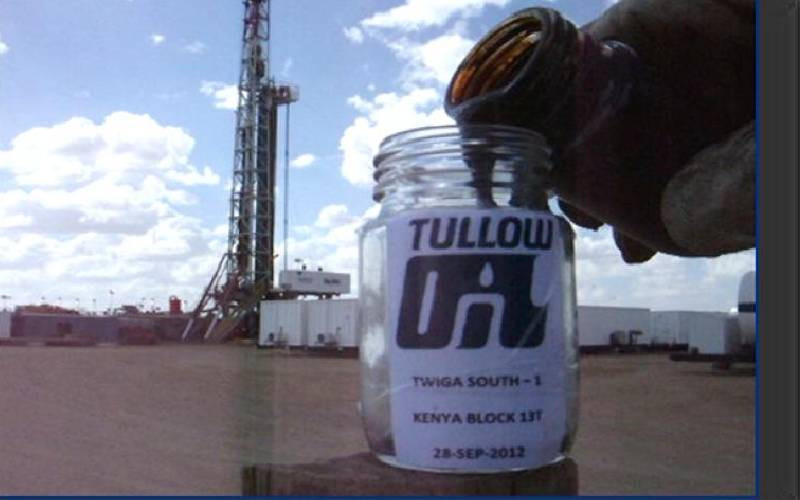 Any lover of action movies would, at some point, have encountered a kidnapping scene. Typically, a ransom demand is made. A deep-throated voice makes a call to the victim’s associates to ask for cash in old, clean unmarked bills. The captive is then released much to everyone’s relief, whilst the kidnappers are arrested after a series of carefully laid plans that involve following the money trail. Life does imitate art. Real world events are inspired by creative works. Nowhere is this seen more clearly than when acts of corruption are contemplated. In the world of underhand deals or skulduggery, cash is king!
Any lover of action movies would, at some point, have encountered a kidnapping scene. Typically, a ransom demand is made. A deep-throated voice makes a call to the victim’s associates to ask for cash in old, clean unmarked bills. The captive is then released much to everyone’s relief, whilst the kidnappers are arrested after a series of carefully laid plans that involve following the money trail. Life does imitate art. Real world events are inspired by creative works. Nowhere is this seen more clearly than when acts of corruption are contemplated. In the world of underhand deals or skulduggery, cash is king!
Central Bank of Kenya (CBK) Governor Patrick Njoroge recently announced a notice to withdraw Kenya’s Sh1,000 bank note and to replace it with a new generation one. He attributed this withdrawal to concerns that the notes were being used for illicit financial flows. Kenyans have up to October 1, to trade in old notes for new, after which the old will cease to be legal tender.







